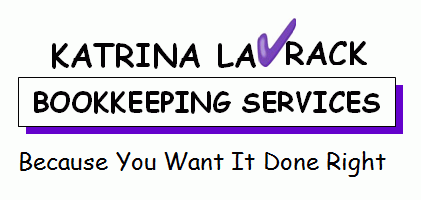A Vitual Assistant is a person employed to complete Administration, Data Entry and Secretarial Services on an As Needed basis.
Wikipedia* defines it as:
A virtual personal assistant (typically abbreviated to VA or VPA, also called a virtual office assistant) is an entrepreneur who provides professional administrative, technical, or creative (social) assistance to clients from a home office.
How Can I Benefit from Employing a Virtual Assistant?
Because virtual assistants are independent contractors rather than employees, clients are not responsible for any employee-related taxes, insurance or benefits. Clients also avoid the logistical problem of providing extra office space, equipment or supplies. They usually work for other small businesses, brokers and consultancy groups.
How do I communicate with a Virtual Assistant?
Common modes of communication and data delivery include the Internet, e-mail and phone-call conferences, online work spaces, and fax machine. Professionals in this business work on a contractual basis and a long-lasting cooperation is standard.
What should I look for in a Virtual Assistant?
Typically 5 years of administrative experience in real office environments is expected at such positions as Executive Assistant, Office Manager/Supervisor, Secretary, Legal Assistant, Paralegal, Legal Secretary, Real Estate Assistant, Information Technology, et cetera.
Why is it important that my Virtual Assistant has prior experience in a real office environment?
You have worked hard to build your business to the level it has achieved. It deserves to be represented professionally, skillfully and respectfully.
There are many people on the web offering their services to you whom have never worked a day in an office environment, whom do not understand the importance of time management and the value of great presentation and skill.
On the up side, there are just as many, if not more people whom have the skill-set you require waiting to provide you with great service, skill and ability!
Many of these are stay at home mums, whom have left the Corporate World to focus on raising a family. They already have all the skills and training required to get the job done well, and are in need of the mental stimulation that work provides to break the monotony of watching The Wiggles, or Dora the Explorer all day ;-).
Until next time remember...To be virtuous is good, but to be virtual is better!©
Cheers Katrina
*Any Text reproduced from Wikipedia is shown in italic type.

